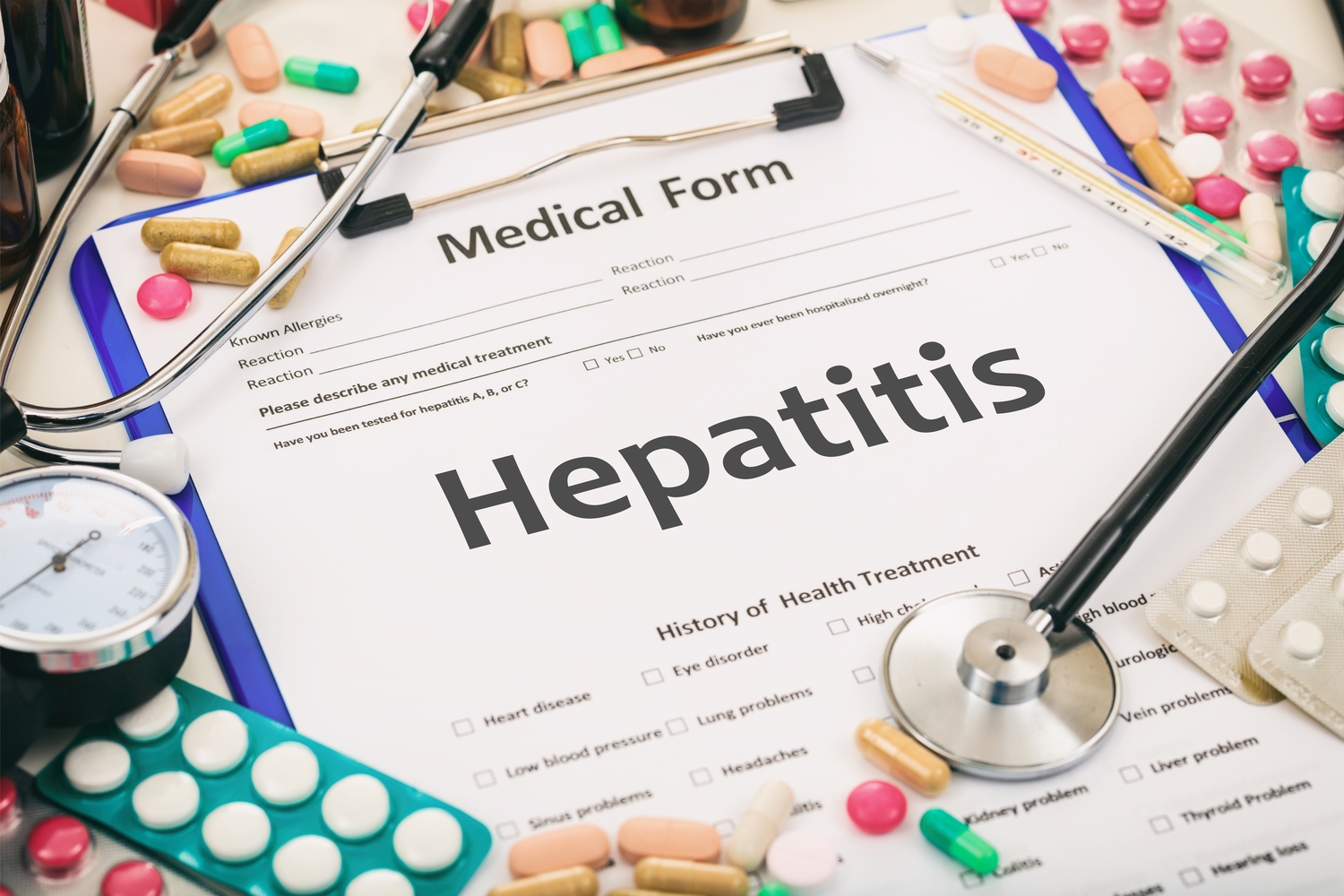
7 Common Early Symptoms of Hepatitis C
Hepatitis C is an infection that is viral and causes inflammation of the liver. The hepatitis C virus (or HCV), spreads through blood that is contaminated. This infection can easily be treated with oral medicine and injections administered on a weekly basis. However, if left untreated, it could lead to complications such as permanent damage of the liver.
In most cases, symptoms of hep C only begin to show in the chronic stages. This is because, by this stage, the virus has caused severe damage to the liver. In the acute stage, which is the first stage, symptoms are mild or rarely noticeable. Some of these common symptoms of hep C are discussed in details below
1. Fatigue
Research has shown that fifty to seventy percent of people with Hepatitis C may experience fatigue. The fatigue often leads to a state of tiredness that is very extreme. It also leads to a feeling of no energy that not even sleep can help take away
2. Sore muscles and joint pain
Infections related to hepatitis C often leads to the body’s immune system being activated, in a bid to help fight the virus. This activation of the system of immunity may at times lead to muscle and joint pain, thus leading to very sore muscles. There is increased risk of joint and muscle inflammations due to mutations of the virus in the liver and whole body
3. Fever
The normal average temperature of the body ranges from 36.1 degrees to about 37.2 degrees.
However, patients with Hepatitis C can have their temperatures shoot to a possible 38 degrees.
These increased temperatures cause fever, which is basically caused by the virus
4. Nausea and poor appetite
HCV often leads to very poor appetite and constant feeling of nausea. This is so because the virus affects the liver, which is responsible for the regulation of one’s digestive system. The virus affects the ability of the liver to produce bile. The bile is what is responsible for fatty foods digestion. Its improper functionality leads therefore to a constant feeling of nausea and loss of appetite
5. Stomach pain
The Hepatitis C virus affects the liver by affecting its ability to properly produce bile. The bile is what is responsible for successful digestion, and so if it is affected, the body may develop difficulties in digestion of fatty foods. As a result, therefore, the gallbladder will be inflamed.
The inflammation of the gallbladder is what leads to severe pain at the right upper section of the abdominal area hence heading to stomach pain. Also, when the liver is infected, it leads to difficulties in the production of albumin which is responsible for regulation of cellular fluids. Too much build up of fluids in the stomach will thus lead to inflammation, hence resulting in additional pain as well
6. Itchy skin
The Hepatitis C Virus may lead to rashes and itchy skin. The itchiness and rushes are often mostly attributed to damages of the liver. However, the itchiness may also be a result of the side effect of using the treatment drugs for HCV
7. Dark urine
Between 2 weeks and six months of the entry of HCV into the bloodstream, you will notice that the urine darkens in color. This is so because the virus affects the way the liver effectively processes waste. As a result, most of the waste is passed out of the body as urine hence leading to the dark color
Hep C treatment can effectively be done when the virus is detected in the body at its early stages. The main aim of administering these treatments is so that the liver is able to perform its function better and more effectively. Most of the RX discount coupons that have been used to administer treatment for HCV have proven to be of great help. Because of the friendly RX discount savings, patients are now able to save so much while at the same time receiving proper medication. Humana hep C treatment has also gone a long way in treating the virus and thus enabling recovery and proper functionality of the liver.


